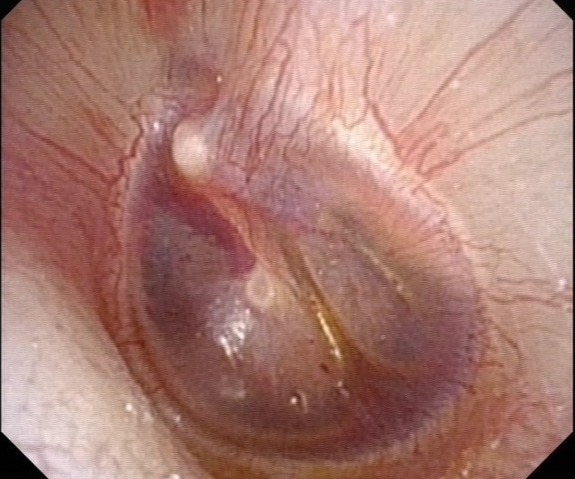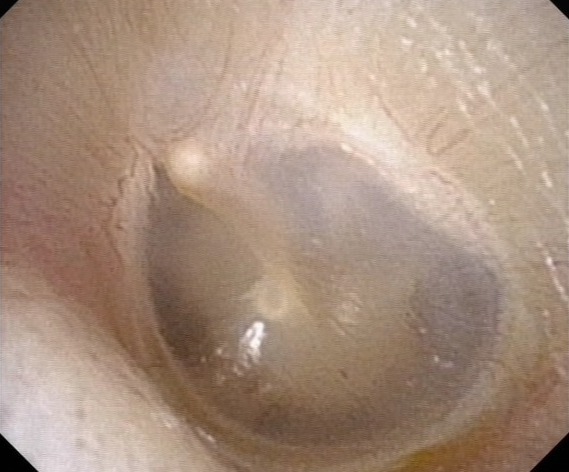Ear Pain from Diving
As ENT Specialists, we see many patients who have trouble with their ears when they dive. Diving is a common pursuit amongst people in Southeast Asia as there are numerous diving hotspots! A medical check-up is important before you embark on a diving course. PADI – the world’s leading scuba diver training organisation has an exhaustive list of medical requirements.
Pain in the ears occurs when there is a difference in the pressure in the middle ear (behind the eardrum) and the external environment. This is due to dysfunction of the Eustachian tube which connects the middle ear to the back of the nose (nasopharynx). The eardrum is stretched and this causes pain. Small blood vessels on the eardrum or in the middle ear may rupture and cause bleeding into the middle ear. This is called otitic barotrauma and can occur with flying. With modern air travel, otitic barotrauma from flying is less common these days.
The diver who suffers from otitic barotrauma may not only experience pain but also hearing loss. The discomfort, loss of hearing, and sound of crackling/popping in the ears may persist for several days after the incident. The picture below is that of a patient’s left eardrum. He presented to me several days after a dive in which he suffered ear pain. Note the congested blood vessels with fluid and blood behind the eardrum.
To avoid ear pain following a dive it is important to observe the following:
- Equalise at your decompression stops
- If there is difficulty equalising, consider aborting the dive
- Persisting with a dive despite ear pain may cause the eardrum to perforate leading to dizziness, disorientation and nausea. This is highly dangerous
- If you have nasal or sinus congestion, take antihistamines or decongestants leading up to your dive or consider canceling the dive altogether
The patient I saw responded well to simple nasal sprays and when I reviewed him a couple of weeks later, his eardrum had returned to normal, and he had no symptoms
Divers who have a recurring problem with ear pain should seek an ENT specialist and have a thorough examination of the nose and ears. A hearing test called tympanometry allows the ENT specialist to assess the pressure in the middle ear and the function of the Eustachian tube. It is important to assess the nose to exclude allergies and sinusitis that may affect the function of the Eustachian tube.
Treatment of any nasal and sinus conditions will improve Eustachian tube function and reduce the likelihood of otitic barotrauma during dives. In some patients, a novel method of dilating the Eustachian tube may help too.
Share this blog via:









